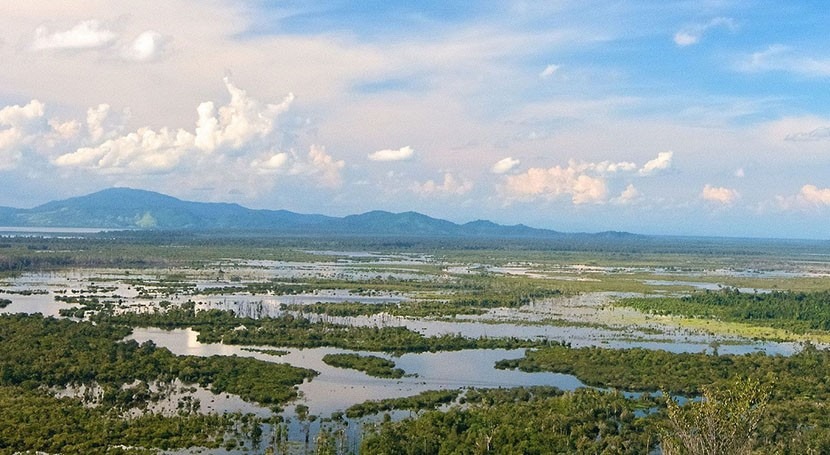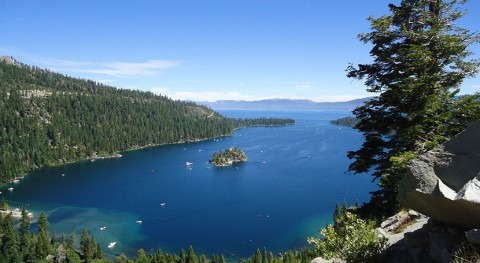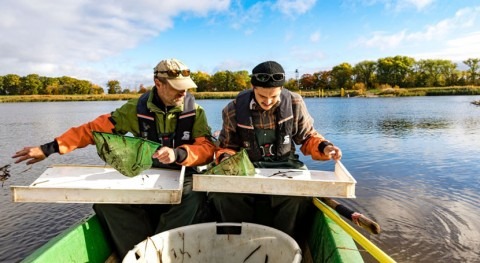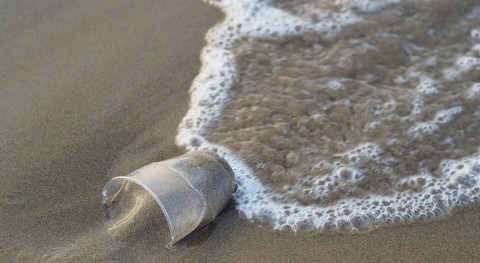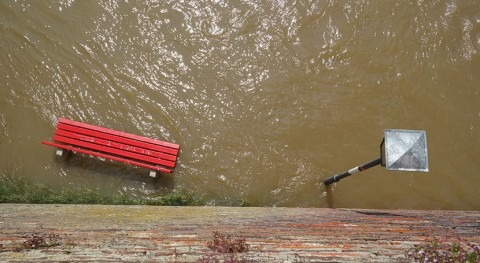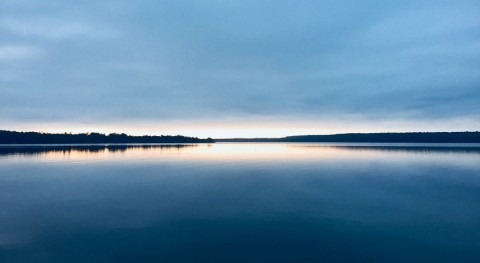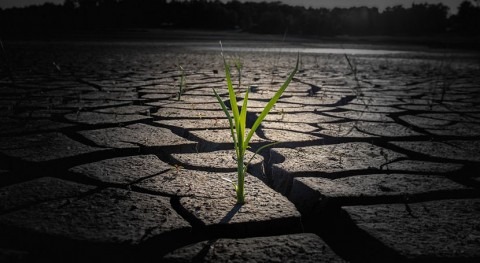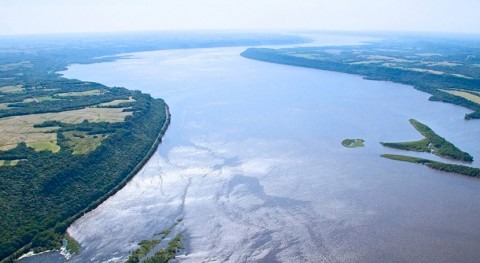In China, parts of Asia’s longest river, the Yangtse, are seeing record low water levels, causing disruption to hydropower, halting shipping and forcing major companies to suspend operations. Millions of people have faced power cuts. Meanwhile, in Germany, the Rhine’s unusually low level has affected shipping and the economy.
Across many parts of the planet in 2022, we have seen the cascading impacts of the climate crisis on freshwater ecosystems, with increasingly frequent and intense dry periods interspersed with floods and extreme precipitation. Over the past five years, one in five river basins has experienced fluctuations in surface water outside their natural range.
These examples highlight the dangers of taking freshwater ecosystems for granted, say environmental experts. As the world marks World Water Week, which runs from 23 August to 1 September in Stockholm, countries are urged to do more to protect their lakes, rivers and wetlands, that are often overlooked when it comes to conservation.
“Freshwater ecosystems have outsize benefits for society, climate, nature, biodiversity and economies, so protecting them is a top priority,” says Joakim Harlin, Chief of the Freshwater Ecosystems Unit at the United Nations Environment Programme (UNEP).
Across many parts of the planet in 2022, we have seen the cascading impacts of the climate crisis on freshwater ecosystems
A further threat to surface water habitats – home to 10 per cent of all known species with 55 per cent of all fish relying on freshwater ecosystems for their survival – is pollution. UNEP research shows that around one-third of all rivers in Latin America, Africa and Asia suffer from severe pathogenic pollution. Severe organic pollution is found in around one-seventh of all rivers, and severe and moderate salinity pollution in around one-tenth of all rivers.
A recently published global study backed by UNEP says humanity’s tendency to undervalue the natural world has sparked a global biodiversity crisis that is pushing 1 million species towards extinction.
One of the report’s conclusions is that political and economic decisions are too often based on a narrow set of market values that do not take into account the intrinsic, spiritual, cultural and recreational values of ecosystems. Wetlands, for instance, have tremendous cultural value, including for indigenous peoples, and are a haven for everyone from bird watchers to adventure seekers.
Inland vegetated wetlands especially have long been undervalued. Over much of the past 200 years, peatlands and marshes have been seen as unproductive swamps. Some 85 per cent of them have been lost since 1700, with many of them drained to make way for development.
But emerging science suggests that peatlands pack away planet-warming carbon dioxide and store twice as much carbon as all the world’s forests.

Wildfires are affecting peatlands even in the Arctic. The photo shows burned Picea mariana, a spruce tree in the pine family, on peatland in Alaska. Credit: Uni-Greifswald/Hans Jooste


